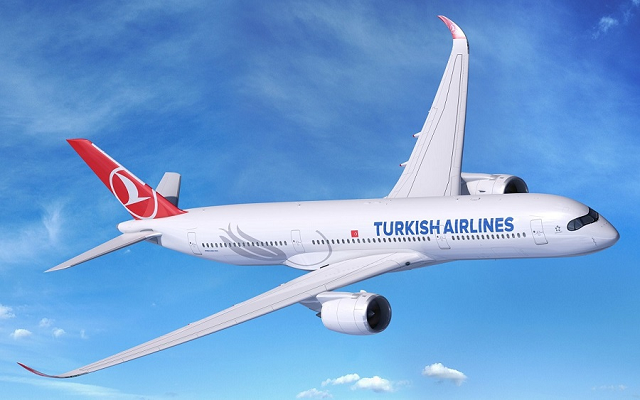Washington-based global financial body World Bank has projected Nigeria’s economic forecast to be 2.4 percent in 2021, highlighting the fragile state of African economic recovery from the effects of the pandemic.
This was shared in its Africa’s Pulse Report for October, where it said that the economies of countries in Sub-Saharan Africa were set to grow by 3.3 percent in 2021, which is one percent higher than its April 2021 forecast.
Economic projections for Sub-Saharan African countries for 2022 and 2023 fall below 4 percent, the report said, attributing the recovery in the region to factors such as “elevated commodity prices, relaxation of stringent measures, and recovery in global trade.”
The report stated that the rebound experienced by African economies from the pandemic was incomparable to the level of recovery experienced in developed economies and emerging markets, which was a reflection of “subdued investment” in the Sub-Saharan region.
Another factor hindering a strong economic recovery in Sub-Saharan countries was the slow rollout of vaccines.
The World Bank report used the Delta Variant explosion in South Africa, slowing the already “faster-than-expected” economic recovery trajectory, with the government introducing fresh lockdowns to contain the spread of the virus, affecting the flow of local businesses.
The report said, “In addition, most countries in the region have failed to meet the vaccination goals
of 10 percent coverage by September and will miss the target of 40 percent by end-2021.
READ ALSO: US To Build New Consulate General In Lagos For $319m
“At the current pace, it will take some time for many countries in Sub-Saharan Africa to regain their pre-COVID-19 levels of activity. And a return to pre-pandemic output trends may take longer. The economic damage from the pandemic is expected to be protracted.”
South Africa’s Faster Growth
On the separate growth trajectories of countries in the region, the report said that the three biggest African economies: Angola, Nigeria, and South Africa would grow at different rates.
It projected a 0.4 percent growth speed for Angola in 2021 after its five consecutive years in the recession pool.
Nigeria, on the other hand, is estimated to grow by 2.4 percent in 2021, identifying the propeller of this growth as the service sector.
South Africa’s growth rate bests its contemporaries, according to the report, as it is projected to grow by 4.6 percent in 2021, driven by its services, industry, and “somewhat agriculture” sectors.
“Non-resource-rich countries, such as Côte d’Ivoire and Kenya, are expected to recover strongly at 6.2 and 5.0 percent, respectively. Similarly, Mauritius and the Seychelles (sic) are projected to grow by 5.1 and 6.9 percent, respectively, underpinned by a successful vaccination rollout that helped boost mobility, which is key for the tourism industry in these island nations,” the World Bank said.













